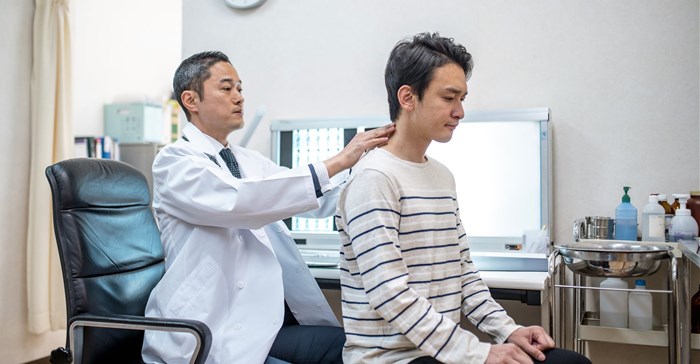
Top stories






More news


Marketing & Media
Ads are coming to AI. Does that really have to be such a bad thing?














“If you’re a health professional running a practice from home, it can be tricky knowing when something should be covered under your personal insurance policy or your commercial business insurance. The definitive factor that separates a personal lines policy from a business policy is the nature of the risk involved,” says Clayton Ellary, commercial branch manager at Aon South Africa.
Your personal insurance policy will not cover you for risks arising from business or commercial pursuits. “While your homeowner's policy may cover you for your home office structure as part of the insured building, it won’t protect you against claims arising from your business pursuits. For that reason, you should obtain a separate commercial policy to cover your business assets as well as any third-party liability when someone visits your premises,” he says.
“The inventory of assets alone is vastly different between that found in a typical home and the specialised equipment utilised in a medical practice. Losing your stock, equipment and important IT assets such as laptops or servers can be a huge loss, not just financially, but reputationally too. Consider equipment utilised by a physiotherapist or chiropractor, not to mention any medical equipment that may travel with you if you do locum consults.
“A commercial insurance policy is geared for fire risk, accidental damage, theft and loss, as well as any third-party liability risks that your medical practice could face. This is why it is crucial to do a thorough needs analysis to ensure that your practice is covered for every possible scenario,” says Ellary.
Liability is an important aspect of any healthcare professional’s stable of insurance, regardless of the size of the practice. “Professional indemnity cover is essential, especially if you consider the increasingly litigious nature of society,” says Carol-lee Axford, Aon South Africa’s principal broker (professional risks).
While professional indemnity (PI) insurance is not compulsory for healthcare professionals, industry bodies such as the Health Professions Council of SA (HPCSA) are increasingly of the opinion that it should be. Professional indemnity insurance protects you for any damages that may be claimed from you by patients or third parties as a result of an act, omission or breach of professional duty in the course of your profession, as well as onerous legal costs associated with defending a claim.
“Hospitals also insist that practitioners provide proof of PI cover in order to operate within their facilities. This includes consulting rooms that are isolated from the administration of hospitals and rented out to medical practices,” she says.
Risk management is at the heart of the matter and it is crucial for any healthcare practitioner to evaluate the potential risks that they face in their day to day business and actively address them. Start by consulting with an expert broker who understands the risks faced by healthcare practitioners.
“While a liability claim may seem highly unlikely for a private practice, they can and do happen and typically spell financial ruin without insurance cover,” says Axford.